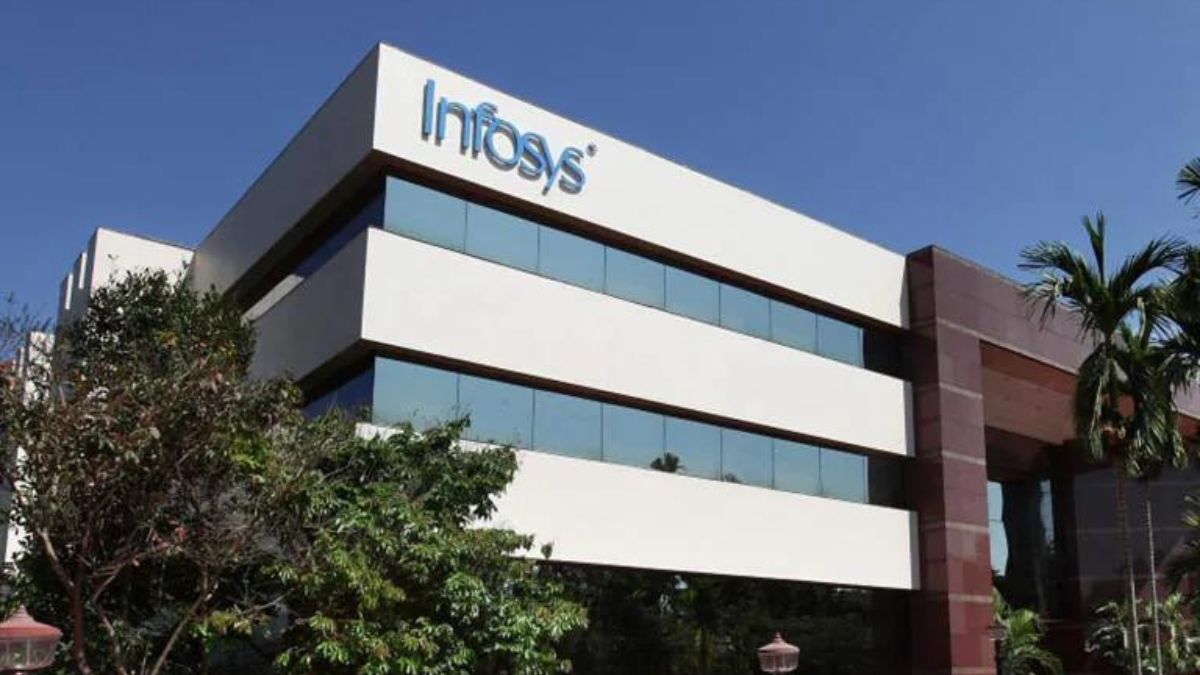In her Union Budget 2024 speech, FM Nirmala Sitharaman announced the removal of the indexation benefits for property sales. The removal of the indexation benefit means that you would be paying taxes on higher amount than earlier. Here’s how read more
)
Union Budget 2024 has proposed removing indexation benefit on property sales. AP
Finance Minister Nirmala Sitharaman, in her Union Budget 2024 speech, announced the removal of the indexation benefits for property sales. This is considered to be bad news for the industry, at least in the short-term.
Why is this the case? We take a look.
But first, a brief explanation of what indexation benefit on property sales in India is.
What is indexation benefit?
When you buy an asset, say a property, and sell it years later, its value usually increases because of inflation (the general rise in prices over time). Indexation helps to adjust the purchase price of the asset to reflect this inflation.
How does indexation work?
1. Purchase price adjustment: The government publishes a Cost Inflation Index (CII) each year, which shows how much prices have increased compared to the base year (2001-2002 is often used as a base year with a CII of 100).
2. Inflation-adjusted purchase price: When you sell the asset, you can multiply the original purchase price by the CII of the year you sold it and divide it by the CII of the year you bought it. This gives you the inflation-adjusted purchase price.
For example:
Let’s say you bought property in 2010 for Rs 10,00,000. The CII in 2010 was 167. Then, in 2020, you sold the property at a price of Rs 25,00,000. Let’s say, for instance, that the CII in 2020 was 289.
Inflation-Adjusted Purchase Price would be equal to (Purchase Price × CII in Selling Year) / CII in Purchase Year
That would be calculated like so:
[(Rs 10,00,000 × 289) / 167] = Rs 17,30,538
Your capital gain would actually be: Rs 25,00,000 - Rs 17,30,538 = Rs 7,69,462
Instead of paying tax on Rs 15,00,000 (₹25,00,000 - ₹10,00,000), you pay tax on Rs 7,69,462.
This is the amount that you will pay long-term capital gains (LTCG) tax on.
How did this benefit property sellers?
By reducing the taxable profit through indexation, sellers have to pay less tax on their gains. This makes selling assets more profitable. Since indexation benefits only apply to long-term capital gains (assets held for more than two years for real estate), it encouraged investors to hold onto their properties for longer periods, leading to potentially higher profits.
Overall, indexation helps property sellers in India by lowering their tax burden on the profit they make from selling their assets, making real estate a more attractive investment option.
Why is Budget 2024 bad news?
The removal of the indexation benefit means that you would be paying taxes on higher amount than earlier. In the example above, after this rule comes into effect, you would pay tax on Rs 15,00,000 instead of on Rs 7,69,462.
However, this downside is partially offset by the fact that the government has reduced LTCG tax rate from 20 per cent to 12.5 per cent.
Additionally, while this might be bad news for property sellers, it is good for the government’s coffers.

 1 month ago
14
1 month ago
14
)
)
)
)
)
)
)
)
)
)
)
)
)
)
)
)
)
)
)
)
)
)
)
 English (US) ·
English (US) ·